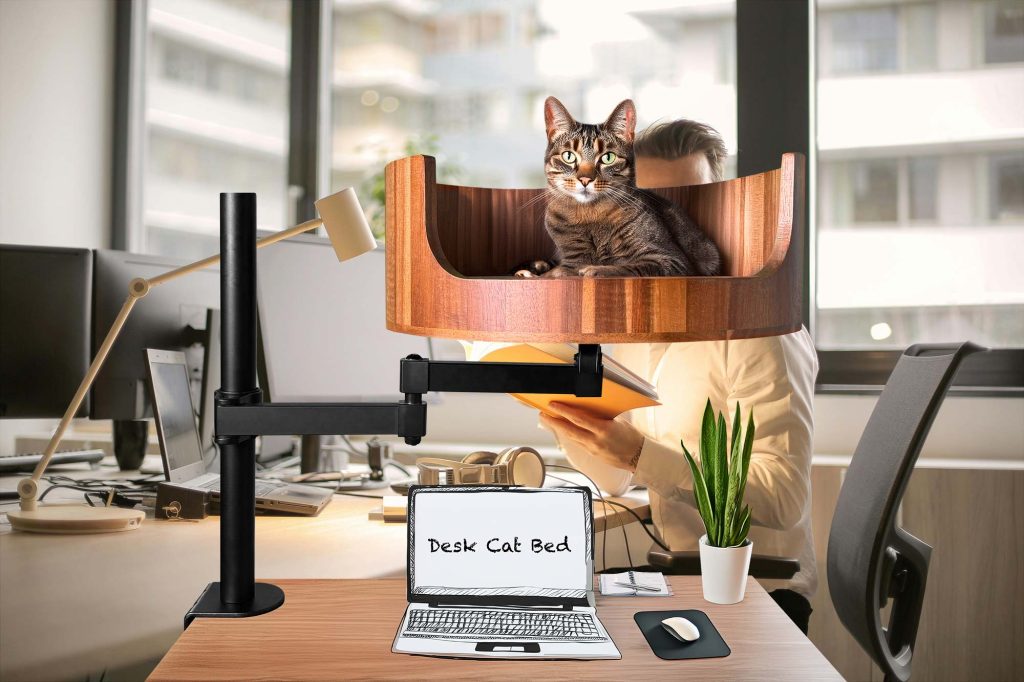Ever experienced the confusing and sometimes painful behavior of a cat licking you affectionately, only to follow it with a quick bite? This common feline behavior can leave many cat owners scratching their heads in bewilderment. In this article, we dive into the fascinating world of cat behavior to understand why cats exhibit this curious licking-then-biting behavior. By decoding the reasons behind this seemingly contradictory action, we can gain valuable insights into our feline companions’ minds.
From understanding the origins of this behavior in the wild to exploring the various motivations behind it in domesticated cats, we will delve deep into the complex world of feline behavior. By shedding light on the underlying reasons for this behavior, we hope to equip cat owners with the knowledge needed to better understand and communicate with their furry friends. So, if you’ve ever wondered why your cat engages in this seemingly inexplicable behavior, read on to uncover the secrets behind why cats lick then bite you.
1. Cats may lick then bite their owners as a form of communication or play behavior.
2. This behavior can be a sign of affection, overstimulation, or even aggression in some cases.
3. It is important to pay attention to your cat’s body language and reactions to understand their intentions better.
4. Providing appropriate outlets for play and exercise can help reduce instances of licking and biting behavior.
5. Consulting with a veterinarian or animal behaviorist can offer additional insight and guidance on managing your cat’s behavior.
Understanding Cats’ Natural Behavior
Cats have a complex and fascinating behavior that is rooted in their evolutionary history as solitary hunters. Licking and biting are both instinctual behaviors that serve different purposes in feline communication and grooming rituals. Understanding why cats lick then bite you requires a closer look at their natural behavior patterns.
Grooming Behavior and Social Bonding
Licking is a fundamental part of a cat’s grooming routine, and it serves several important purposes. Cats use their rough tongues to clean themselves efficiently, removing dirt, dead fur, and parasites from their coat. When a cat licks you, it’s a sign of affection and social bonding. It mimics the behavior of a mother cat grooming her kittens, showing that your cat sees you as part of their family.
Playful Aggression and Communication
Biting, on the other hand, can be a form of playful aggression in cats. When a cat bites you after licking, it may be an attempt to initiate play or signal that they’ve had enough physical contact. Cats have very sensitive skin and can become overstimulated easily, leading them to switch from grooming to biting as a way of setting boundaries.
Stress and Anxiety Triggers
In some cases, cats may lick then bite as a response to stress or anxiety. Changes in their environment, new additions to the family, or health issues can all trigger unusual behavior in cats. It’s essential to monitor your cat’s behavior closely and seek advice from a veterinarian or animal behaviorist if you notice any concerning patterns of licking and biting.
Training and Positive Reinforcement
If your cat’s licking and biting behavior becomes problematic or painful, there are strategies you can use to train them effectively. Positive reinforcement techniques, such as rewarding good behavior with treats or toys, can help redirect your cat’s focus and reduce unwanted biting. Consistency and patience are key when training cats, as they respond best to gentle, consistent guidance.
Desk Cat Nest FAQ
Why do cats lick then bite you?
Cats may lick then bite you as a display of affection. The licking is a grooming behavior that shows they care for you, while the biting could be a playful behavior or a way to establish dominance. It is important to pay attention to your cat’s body language and cues to understand their behavior better.
Is Desk Cat Nest a suitable solution for cats who lick then bite?
Desk Cat Nest can provide a comfortable and safe space for your cat, which may help reduce stress and anxiety that could be causing them to exhibit licking and biting behavior. However, it is essential to address the root cause of the behavior rather than relying solely on a new sleeping area.
Will Desk Cat Nest prevent cats from licking and biting altogether?
While Desk Cat Nest can provide a cozy environment for your cat, it may not completely eliminate the licking and biting behavior. It is crucial to observe your cat’s behavior, provide them with proper enrichment and attention, and seek guidance from a veterinarian or animal behaviorist if the behavior persists.
How should I introduce my cat to Desk Cat Nest?
It is recommended to place Desk Cat Nest in a quiet and comfortable area where your cat feels safe. You can encourage your cat to explore the nest by placing treats or toys inside and using positive reinforcement. Allow your cat to approach the nest at their own pace and never force them inside.
In conclusion, if you are experiencing the perplexing behavior of your cat licking then biting you, investing in a Desk Cat Bed can provide a solution. This innovative product offers a comfortable and cozy space for your feline friend to rest and feel secure, reducing stress and potential triggers for the licking and biting behavior. With its durable and quality construction, the Desk Cat Bed not only provides a safe haven for your cat but also adds to the aesthetic appeal of your home. Say goodbye to unwanted behaviors and hello to a happier and more contented cat with the Desk Cat Bed.


